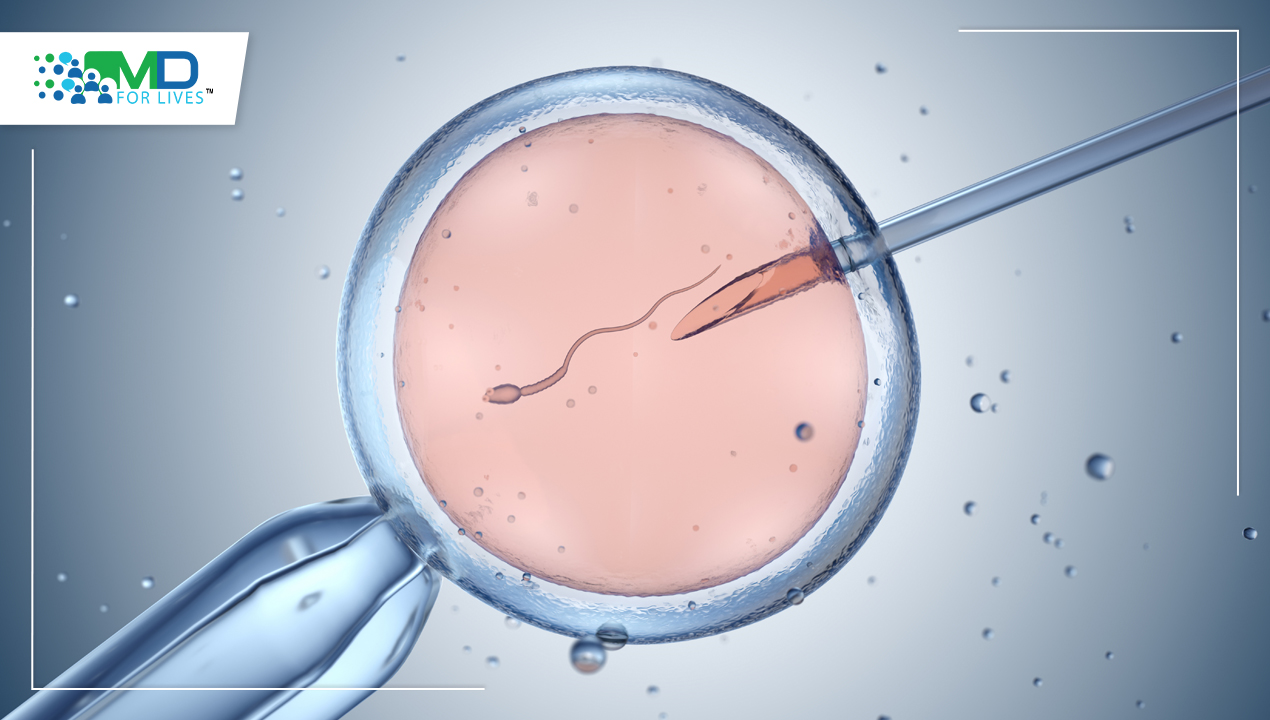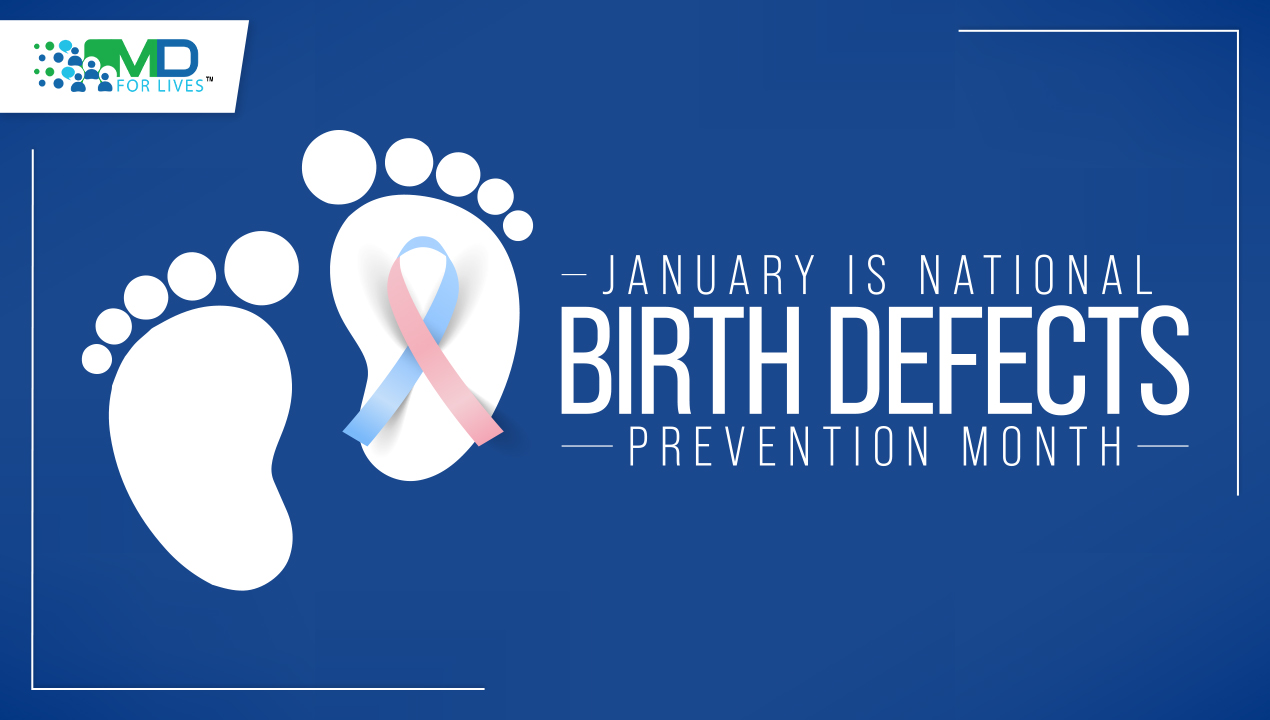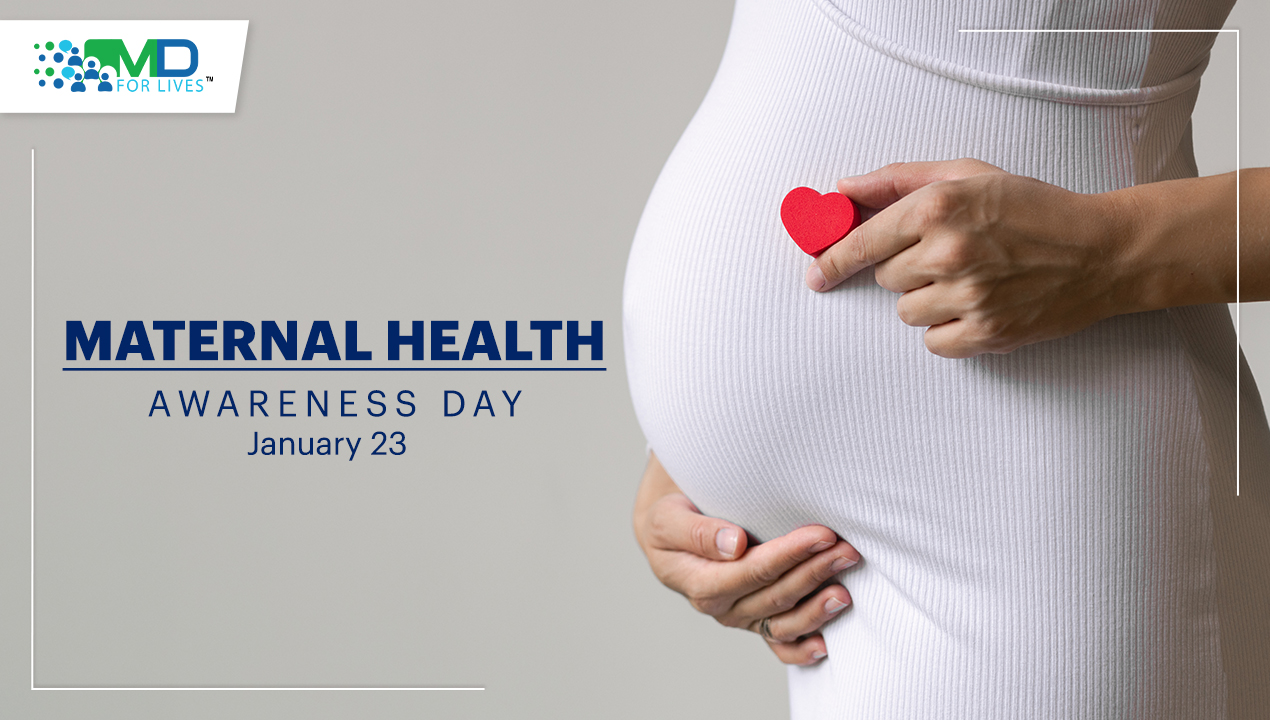As the field of reproductive medicine continues to evolve, new breakthroughs and advancements in in vitro fertilization (IVF) are reshaping the landscape of fertility treatments. Within the realm of IVF, the pursuit of excellence and improved outcomes is a never-ending quest. Here, we will traverse uncharted territories, including the intersection of IVF with artificial intelligence, the expanding applications of genetic testing and the emerging frontiers of reproductive medicine.
Artificial Intelligence (AI) in IVF
Harnessing AI for Embryo Selection:
Aneuploidy, which refers to an abnormal number of chromosomes in embryos derived from IVF, plays a significant role in determining successful implantation or healthy IVF pregnancy outcomes. However, current methods for detecting aneuploidy involve invasive genetic testing and embryo biopsy, which can be both costly and invasive for IVF patients. To address these challenges, scientists have developed an artificial intelligence (AI) tool called STORK-A. The STORK-A tool utilizes AI algorithms to non-invasively identify aneuploid embryos with an accuracy rate of approximately 70 percent. It achieves this by analyzing microscope images of the embryos, along with information such as maternal age and the IVF clinic’s scoring of the embryos’ appearance. The tool was specifically evaluated based on its ability to distinguish between aneuploid (abnormal chromosome number) and euploid (normal chromosome number) embryos.
In the evaluation, STORK-A demonstrated a 77.6 percent accuracy in predicting complex aneuploidy, which involves abnormalities in more than one chromosome, compared to euploid embryos. By leveraging AI and image analysis, this tool offers a promising non-invasive alternative for identifying embryos with aneuploidy, potentially reducing the need for invasive procedures and providing a more cost-effective solution for IVF patients.
Enhancing IVF Treatment Outcomes with Machine Learning-Based Decision Support:
A retrospective cohort study utilized machine learning techniques to predict the implantation outcome of individual embryos in IVF treatment. By analyzing the clinical features of 2453 embryos, a naïve Bayes model achieved an accuracy of 80.4% in predicting implantation outcomes and a sensitivity of 63.7% in identifying multiple embryo implantations. The study’s findings indicate that a machine learning-based decision support system has the potential to enhance the success rates of in vitro fertilization (IVF) treatment. By utilizing the clinical features of embryos, the developed model demonstrated accurate predictions of implantation outcomes and the likelihood of multiple embryo implantations. Implementing such a system could aid clinicians in making more informed decisions on the number of embryos to transfer, striking a balance between successful outcomes and the risk of multiple pregnancies. This could lead to improved IVF treatment outcomes and potentially mitigate the associated financial, social and medical implications of multiple gestations.
As an Obstetrician-Gynecologist, your role extends far beyond the clinic, we invite you to contribute your expert opinions to research actively shaping the future of OB-GYN care. Take part in Paid Ob gyn Surveys here
Next-generation Genetic Testing:
Non-invasive Prenatal Testing (NIPT):
A study examined the clinical significance of noninvasive prenatal testing (NIPT) for fetal chromosome aneuploidy in screening in vitro fertilization–embryo transfer (IVF) pregnancies. The study included 3163 IVF-pregnant women who underwent NIPT, and subsequent fetal or neonatal karyotype analysis was conducted in high-risk patients to assess pregnancy outcomes. The results showed high sensitivity and specificity of NIPT in detecting fetal aneuploidy, with low false-positive rates. The study highlights the importance of NIPT as an effective prenatal screening tool for IVF-pregnant women.

Next Generation Sequencing (NGS):
Next Generation Sequencing (NGS) is a new technology for comprehensive chromosome testing in IVF embryos, also known as Preimplantation Genetic Testing (PGT). It offers advantages such as reduced cost, enhanced detection of structural abnormalities, improved identification of mosaic embryos and increased automation to minimize human errors. NGS is expected to replace older technologies as the primary method for PGT due to its lower cost and reduced errors. By identifying and selecting embryos with normal chromosome numbers, NGS for PGT improves IVF outcomes, reducing implantation failure and the risk of miscarriage or chromosomally related disabilities in newborns.
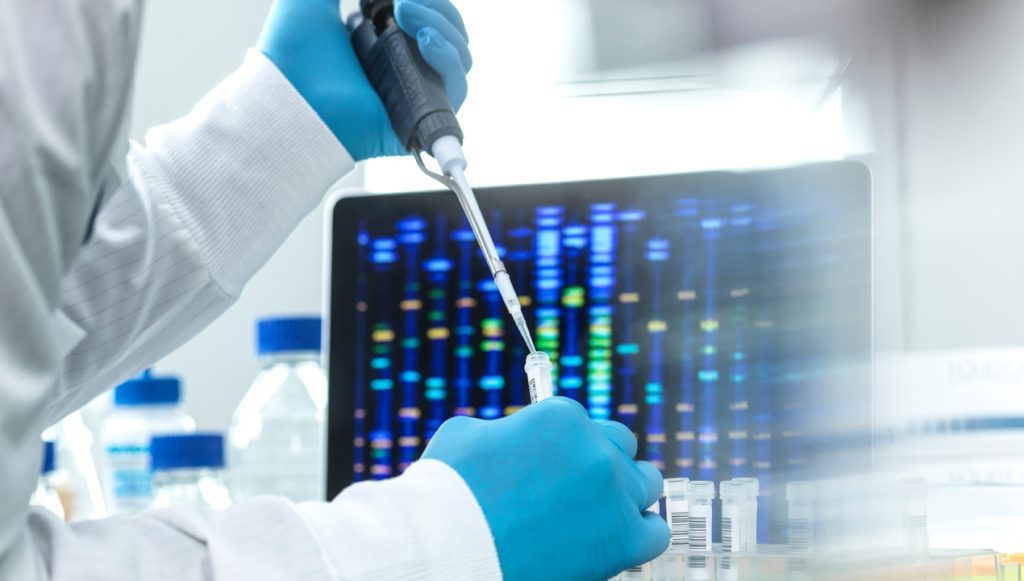
Mitochondrial Replacement Therapy (MRT):
This is an IVF technique where the nuclear DNA (nDNA) of an intended mother, which contains mutated mitochondrial DNA (mtDNA), is transferred from her oocyte or zygote to a female provider’s oocyte or zygote, which has nonpathogenic mtDNA and has had its nDNA removed. These advanced techniques, including maternal spindle transfer (MST), pronuclear transfer (PNT) and polar body transfer (PBT), enable intended mothers to have children who share their nDNA while avoiding the transmission of pathogenic mtDNA.
Advances in Cryopreservation:
Vitrification Techniques:
Vitrification, a rapid freezing technique, has revolutionized the field by minimizing cryo-damage and achieving high survival rates for both embryos and eggs. This transformation has had a significant impact on in vitro fertilization (IVF) treatment management.The use of frozen embryo transfers (FET) has allowed for improved outcomes without compromising success rates. Sequential elective single embryo transfers using previously vitrified embryos have shown promising results, with evidence suggesting better perinatal outcomes compared to fresh transfers. By combining FET with preimplantation genetic testing, highly efficient single embryo transfers can be performed, leading to safer pregnancies and healthier babies. Moreover, cryopreservation through vitrification has opened up new possibilities for patients. Fertility preservation through oocyte cryopreservation has become a viable option for individuals who wish to preserve their reproductive potential for future use. Additionally, the establishment of donor egg banks has facilitated access to donor eggs, expanding the options available to patients seeking IVF treatment.
The importance of cryopreservation and vitrification in IVF lies in their ability to improve success rates, enhance patient safety and offer new opportunities for fertility preservation and donor egg utilization. These advancements have transformed the landscape of IVF, providing patients with more choices, optimizing treatment strategies and ultimately contributing to the realization of healthy pregnancies and the birth of healthy babies.
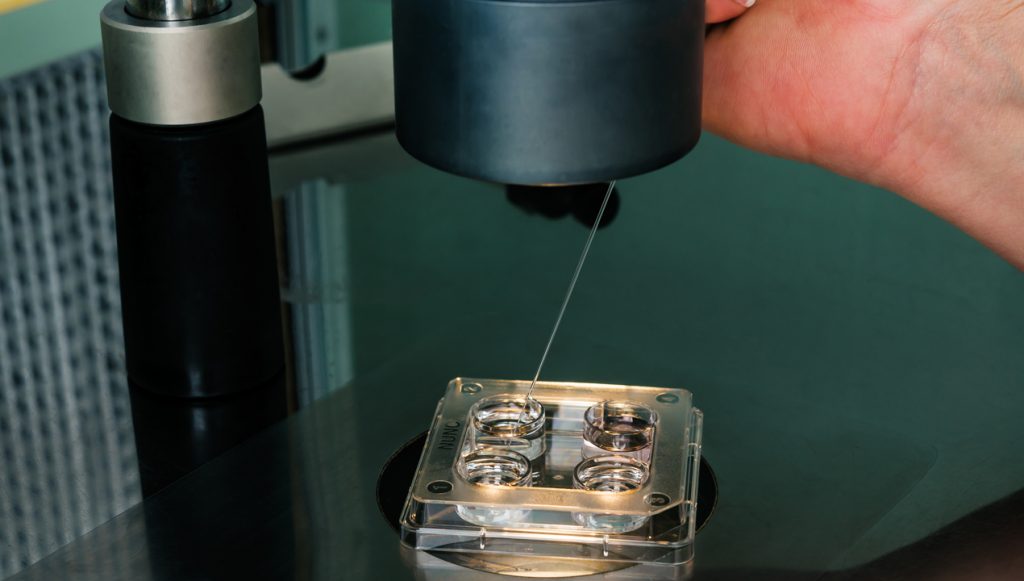
Ovarian Tissue Cryopreservation:
Ovarian tissue cryopreservation has emerged as a valuable technique with expanding applications in the field of reproductive medicine. It offers promising options for fertility preservation, particularly for cancer patients and those considering delayed childbearing. For cancer patients, ovarian tissue cryopreservation provides an opportunity to safeguard their fertility before undergoing potentially gonadotoxic treatments, such as chemotherapy or radiation. By freezing and preserving a piece of ovarian tissue, containing primordial follicles, women can potentially regain their fertility after cancer treatment. Once in remission, the thawed ovarian tissue can be re-implanted, allowing natural conception or the extraction of mature oocytes for in vitro fertilization (IVF).
In addition to cancer patients, ovarian tissue cryopreservation has also become relevant for women who wish to postpone childbearing due to personal or medical reasons. By preserving ovarian tissue at a younger age, women can potentially overcome the age-related decline in fertility and have the option to conceive later in life. This technique provides hope for women who want to preserve their reproductive potential while pursuing education, career advancements or finding the right partner.
Collaborating on the Unexplored:
Collaboration among esteemed physicians in the field of IVF not only fosters advancements but also opens doors to unexplored possibilities. Active participation in paid medical surveys tailored for gynecologists provides them with the opportunity to contribute their valuable insights and expertise, igniting new avenues of research and innovation. By sharing their experiences, observations and perspectives through these surveys, gynecologists promote knowledge sharing among their peers and contribute valuable data that can shape the future of IVF. Their involvement in these surveys plays a crucial role in advancing the frontiers of IVF, refining treatment protocols and ultimately improving patient care. Together, through collaboration and the thoughtful exchange of insights, the collective efforts of gynecologists can unlock the full potential of assisted reproductive technologies and empower individuals on their journey to parenthood.

Key Takeaways:
From the importance of surveys in healthcare to the latest trends and advancements in IVF treatment, it is evident that collaboration, research and innovation are driving forces in this field. Surveys not only provide valuable data but also encourage gynecologists and fertility specialists to share their insights, ultimately advancing the future of IVF. IVF success rates, genetic testing, cryopreservation and mitochondrial replacement therapy have showcased the transformative potential of these technologies in improving pregnancy outcomes, expanding options for fertility preservation and minimizing the risks associated with genetic abnormalities.

MDForLives is a global healthcare intelligence platform where real-world perspectives are transformed into validated insights. We bring together diverse healthcare experiences to discover, share, and shape the future of healthcare through data-backed understanding.

